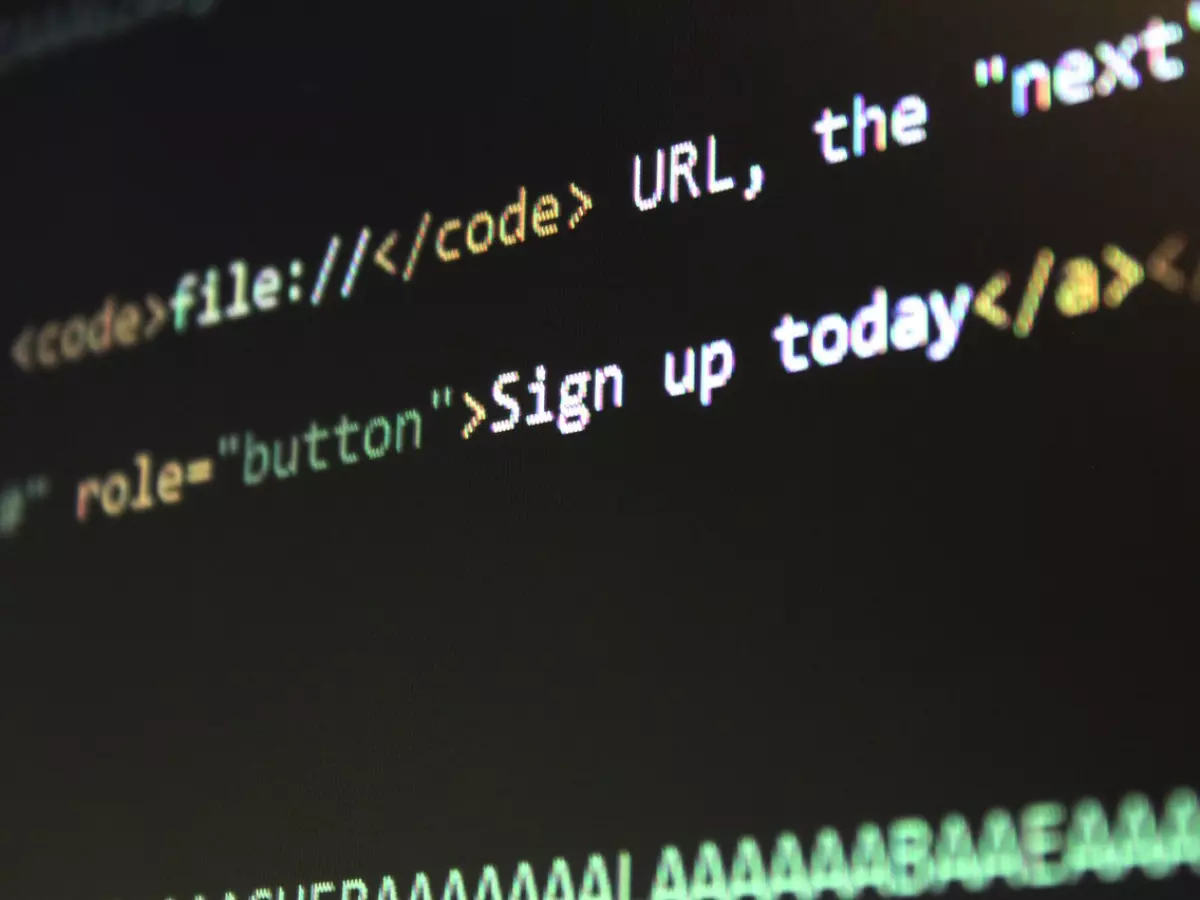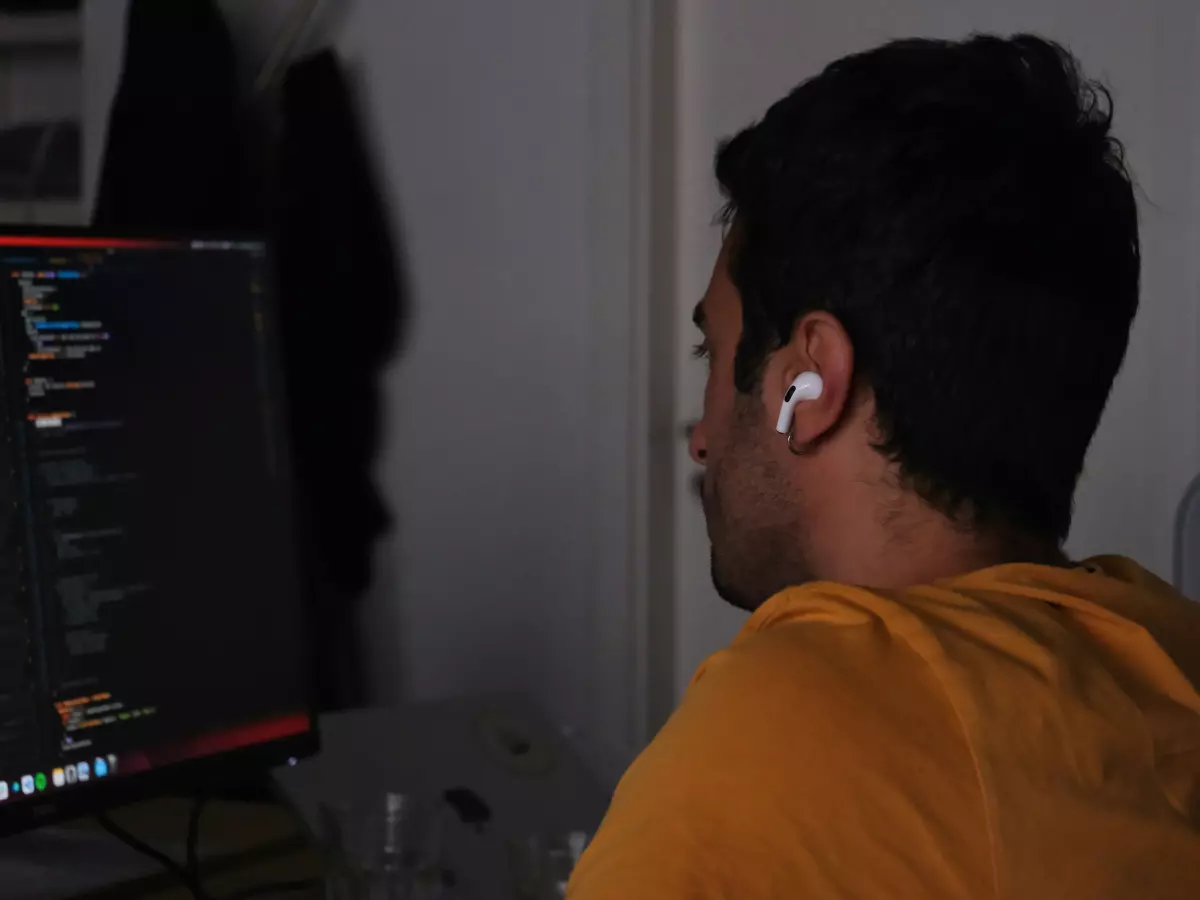Code Smells
Ever had that nagging feeling that something's off with your code, but you can't quite put your finger on it? Maybe it's not a bug, but a code smell. And trust me, these sneaky little devils can be just as dangerous.

By Tomás Oliveira
So, what exactly is a code smell? It's not a bug or an error, but rather a subtle sign that something in your code isn't quite right. Think of it as a bad habit that, if left unchecked, can lead to much bigger problems down the road. Code smells are like the warning lights on your car's dashboard—they don't mean your car is broken, but if you ignore them, you're in for a world of hurt.
Code smells can manifest in various ways: maybe your methods are getting too long, your classes are doing too much, or your variable names are cryptic enough to make future-you want to cry. These are all signs that your code could use a little TLC.
Why Should You Care?
Okay, so your code isn't perfect—big deal, right? Well, here's the thing: code smells might not break your software today, but they can make it a nightmare to maintain, scale, or debug tomorrow. Imagine trying to fix a bug in a 500-line method or refactor a class that does everything from handling user input to querying a database. Yeah, not fun.
Code smells also make it harder for other developers (or future you) to understand your code. And let's be real, no one wants to be that developer—the one whose code is so convoluted that it takes a team of engineers to decipher it.
Common Code Smells
So, what are some common code smells to watch out for? Here are a few that might be lurking in your codebase:
- Long Methods: If your method is longer than a few dozen lines, it's probably doing too much. Break it down into smaller, more manageable chunks.
- Large Classes: Similar to long methods, large classes often have too many responsibilities. Follow the Single Responsibility Principle and keep your classes focused.
- Duplicate Code: Copy-pasting code might seem like a quick fix, but it can lead to inconsistencies and make your code harder to maintain.
- Switch Statements: Overusing switch statements can make your code harder to extend and maintain. Consider using polymorphism instead.
- Magic Numbers: Hardcoding numbers in your code can make it difficult to understand and maintain. Use constants or enums instead.
How to Fix Code Smells
Now that you know what to look for, how do you fix these pesky code smells? The answer is refactoring. Refactoring is the process of restructuring your code without changing its external behavior. It's like cleaning up your room—you're not throwing anything away, just making it more organized and easier to navigate.
Here are some refactoring techniques you can use to eliminate code smells:
- Extract Method: If a method is doing too much, break it down into smaller methods that each handle a specific task.
- Move Method: If a method is in the wrong class, move it to a more appropriate one.
- Replace Magic Numbers: Replace hardcoded numbers with constants or enums to make your code more readable and maintainable.
- Remove Duplicate Code: If you find yourself copy-pasting code, consider creating a new method or class to handle the repeated logic.
When to Refactor
Now, you might be thinking, "Do I need to refactor every time I see a code smell?" Not necessarily. Refactoring can be time-consuming, and sometimes it's not worth the effort—especially if you're working on a tight deadline. However, if you're already making changes to a part of the code that smells, it's a good idea to clean it up while you're there. This is known as the Boy Scout Rule: always leave the code cleaner than you found it.
Conclusion
Code smells might not seem like a big deal at first, but they can quickly snowball into major headaches if left unchecked. By keeping an eye out for common smells and refactoring your code regularly, you can keep your codebase clean, maintainable, and easy to work with. So, the next time you catch a whiff of something off in your code, don't ignore it—roll up your sleeves and start refactoring.





